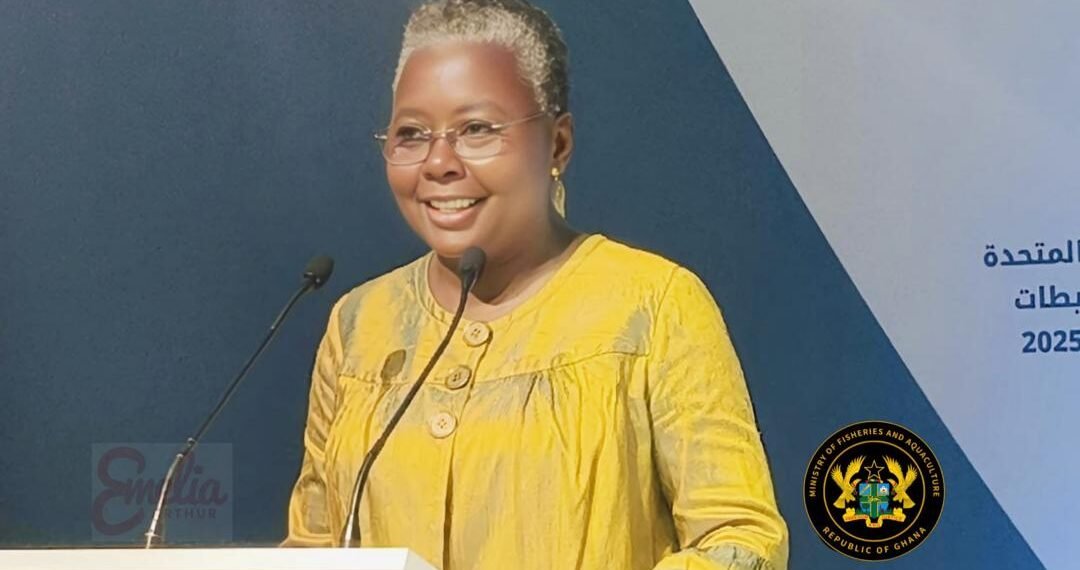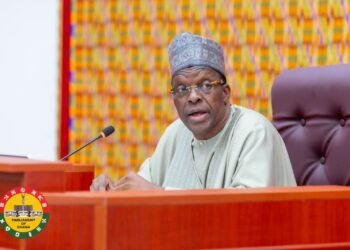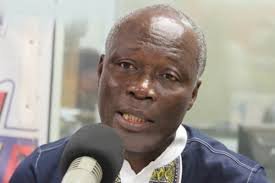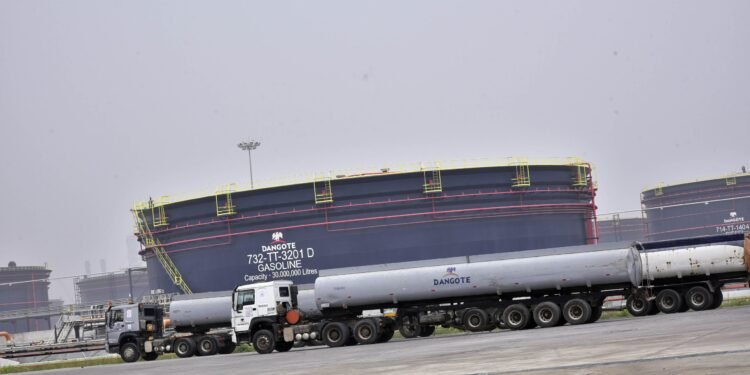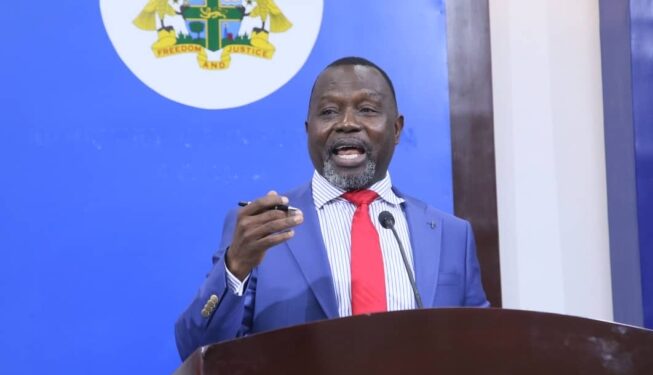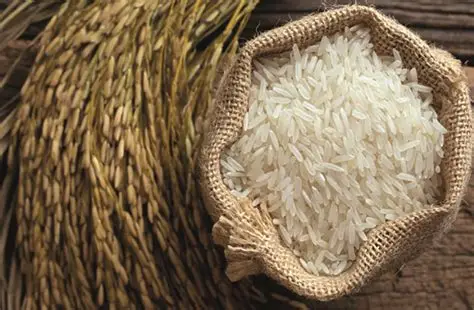The Minister for Fisheries and Aquaculture and Member of Parliament for Shama constituency, Hon. Emelia Arthur, has announced the approval by cabinet, Ghana’s first-ever Marine Protection Area (MPA).
Speaking at a press briefing, the minister stated that this approval was done in accordance with “the 1992 Constitution of Ghana, the Fisheries and Aquaculture Act 1146 recently propagated, as well as the Marine Fisheries Plan for 2022 to 2026.”
She also noted that the area is stationed at Cape Three Points in the Western Region, covering 700 sq km, and will serve as a vital breeding ground for aquatic life such as fishes, whales, dolphins, and turtles.
The minister went ahead to outline certain steps to be taken by the Ministry of Fisheries and Aquaculture and the Fisheries Commission to ensure the actualization of the implementation of the Marine Protection Area.
The minister further noted that the Technical Advisory Committee (TAC), made up of experts in marine science, will play a key role in the implementation process, given that the committee was purposely set up to guide this process.
First among the steps will be to map out a designated area at Cape Three Points and gazette it for the establishment of the Marine Protection Area.
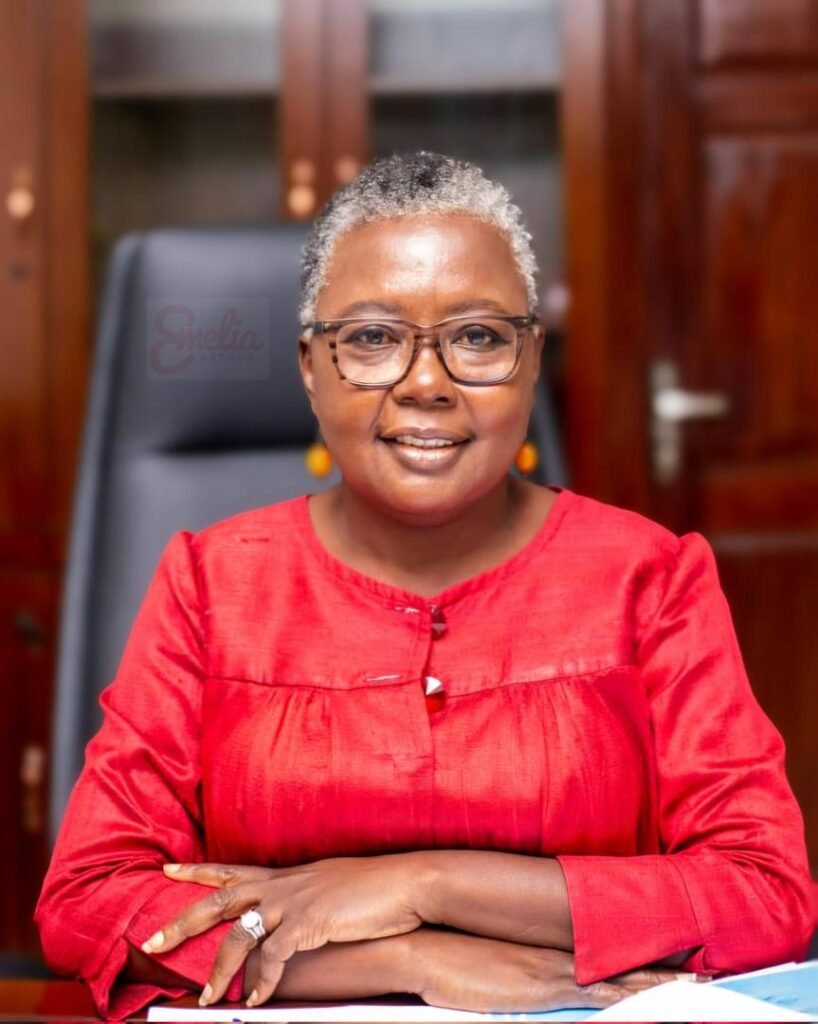
The minister also underscored the need for collaboration with other ministries for the implementation of the policy, stating that the Ministry of Fisheries and Aquaculture will “conduct inter-ministerial engagement to build support for implementation.”
Among the activities to be carried out by the Fisheries Commission and the ministry, as the minister stated, will be the sensitization and education of the public, especially the fishing communities within the area.
“We will make a public declaration of the Marine Protection Area (MPA), and we will continue to undertake public education and sensitization of the Marine Protection Area (MPA).”
Hon. Emelia Arthur, Minister for Fisheries and Aquaculture and Member of Parliament for Shama Constituency
The minister also emphasized that there will be further collaborations with non-governmental organizations, communities within the area, and religious organizations. She noted that this will be very necessary to help gain valuable input from groups for an effective implementation of the policy.
“We will continue collaboration with participating communities, NGOs, and faith-based organizations to integrate local knowledge into the development and implementation of the management plan for the Marine Protection Area (MPA).”
Hon. Emelia Arthur, Minister for Fisheries and Aquaculture and Member of Parliament for Shama Constituency
The minister emphasized that there will be stringent enforcement mechanisms in place and a monitoring system to make sure the area is shielded from illegal activities.
Moreover, the minister noted that the ministry and the Fisheries Commission will ensure that they cater to affected communities by making available alternative livelihood support systems.
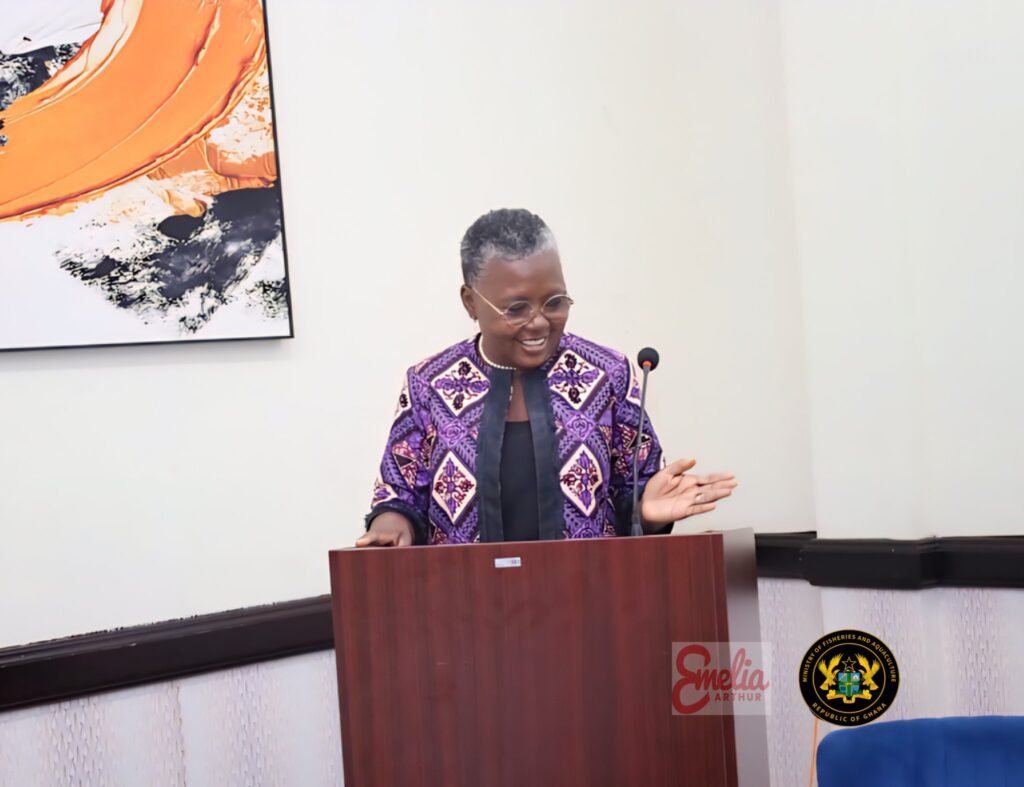
“We will also develop enforcement and monitoring plans to prevent illegal activities, and we will identify and promote alternative livelihoods to support fishers who might be affected.”
Hon. Emelia Arthur, Minister for Fisheries and Aquaculture and Member of Parliament for Shama Constituency
The minister emphasized that this policy initiative of establishing Ghana’s first-ever Marine Protection Area (MPA), which has been approved by cabinet, constitutes “a major step toward building a sustainable blue economy, which aims to protect marine life and fishing communities in diverse ways.”
The minister further lauded the policy initiative as one that is set to be a major part of the current administration’s quest for building a sustainable blue economy.
She further described the policy as a transformative initiative. However, she emphasized the need for collaborations between government and other stakeholders for an effective implementation of the policy.
The minister therefore called on stakeholders within the marine field for effective and “greater collaboration, as we have already been doing with government, to ensure the successful implementation of this transformative initiative.”
READ ALSO: Ghana’s Textile Policy Faces Old Structural Hurdles, IMANI Warns



